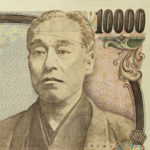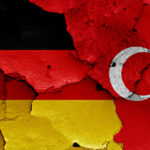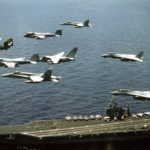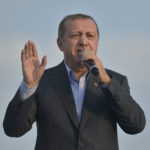In 2013, Kyle Bass from Hayman Capital predicted a loss of confidence in the Japanese Yen, and that the dollar will consequently rise far over the 200 yen.
Kyle argued: “you have to realize when your debt is 24 times central government tax revenue, and you have a secular decline in population…what happens when you have a debt crisis? Well, your currency collapses.”
We never believed this would happen, and as we wrote in February, we expect the Japanese Yen regain value. Since then the yen rose more than 10%.
We cannot understand how Japanese public debt can crush the Yen as long as foreign investors do not hold Japanese debt. Japanese fiscal and monetary policy kept the Yen relative cheap and Japanese authorities struggled to prevent the Yen from gaining value. We cannot follow Kyle Bass reasoning. Unless you assume the Japanese public debt was issued to foreign creditors to keep the Yen expensive as is the case with the dollar, Japanese government debt cannot crush the currency. Continue reading




















